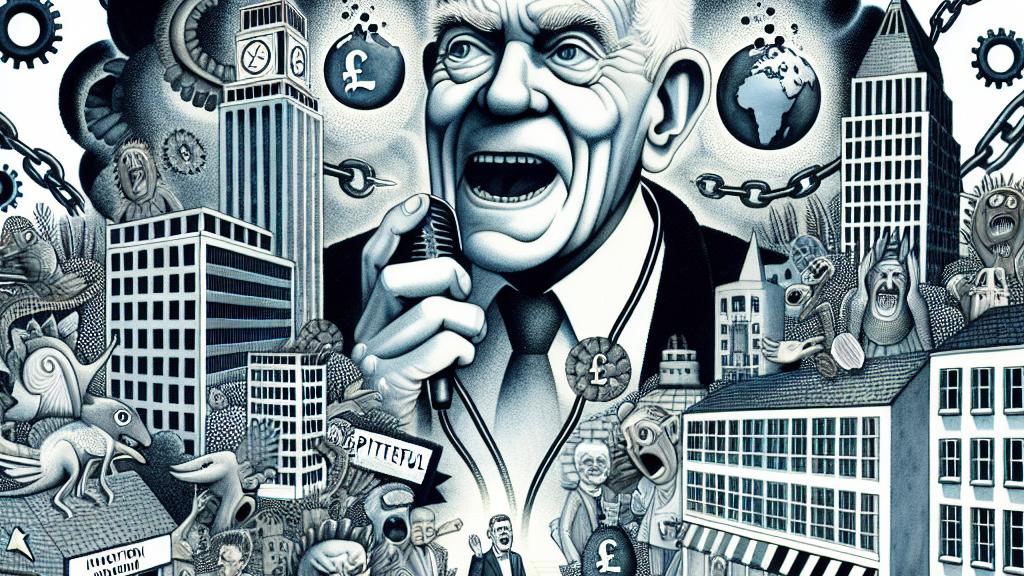James Dyson Critiques UK Tax Hikes and Their Effects on Growth
Overview
- James Dyson argues that the recent tax hikes will stifle entrepreneurship and hinder innovation.
- The Labour government's fiscal approaches face severe backlash from the business community.
- Escalating borrowing costs suggest looming economic challenges for the UK.

Understanding the Tax Hike Context in the UK
In the heart of the United Kingdom, billionaire entrepreneur James Dyson has stepped into the limelight, passionately criticizing the Labour government's recently proposed tax hikes. In a compelling opinion piece featured in The Times, Dyson labels these measures as 'spiteful,' warning that they pose a significant threat to the entrepreneurial landscape. With a fortune built on groundbreaking innovations through Dyson Ltd, he highlights the chilling impact of a 20 percent tax grab on small businesses. These entrepreneurs, often the lifeblood of economic growth, may find themselves suffocated under the weight of increased taxes, making it exceedingly difficult for them to navigate the rough waters of today's competitive market.
The Ripple Effects on Small Businesses and Economic Growth
Dyson's concerns resonate beyond his fortune; they echo the worries of countless small business owners across the UK. Excessive taxation has historically been linked to a downturn in investment, especially in vital sectors like technology and creative industries. For instance, consider the tech startup ecosystem—where bright ideas often depend on adequate funding to flourish. With the government imposing a hefty £40 billion tax rise, anxiety is palpable among small business owners, jeopardizing not only their livelihoods but also the broader web of job creation. Dyson's predictions about the 'death of entrepreneurship' are not merely rhetoric; they represent a stark reality that could stifle innovation and ultimately detract from the UK's competitive edge on the global stage.
Anticipating Economic Consequences for the UK Economy
In the wake of Chancellor Rachel Reeves' budget announcement, the financial landscape is already shifting. UK borrowing costs have surged, signaling heightened investor concerns regarding the government's fiscal strategy. As the yield on government bonds rises, it indicates a growing perception of risk, which can translate into increased costs for businesses seeking necessary capital. While enhancing public services through increased funding is undoubtedly noble, a critical question arises: how can these services be effectively financed without crippling the businesses that drive growth? Dyson's critique serves as an urgent reminder—the UK must cultivate an environment that fosters innovation and supports entrepreneurial spirit, or risk drifting into a cycle of stagnation. In this era of economic uncertainty, preserving the balance between taxation and entrepreneurial freedom is crucial for ensuring a vibrant and resilient economy.

Loading...